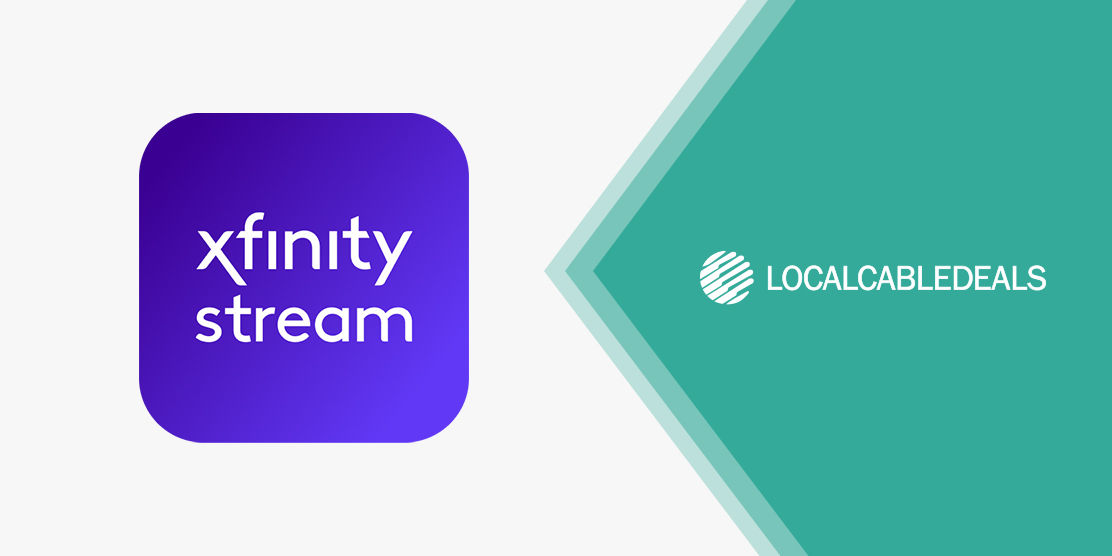Choosing the right internet provider for your home is like finding a potential partner. You want to be able to depend on your internet service at all times.
Wi-Fi that ghosts you without warning is no good.
Consistency is crucial in the relationship with your home network.
However, the task of identifying the one isn’t easy with so many fish in the sea. Who knows what to look for in an internet provider?
As a matter of fact, we do! Remember these seven key factors when shopping for the internet:

7 Key Factors for Choosing an Internet Provider Explained
Internet jargon can be confusing. Moreover, it gets trickier when every internet service provider (ISP) out there claims to be the best. Truth be told, there is no one-size-fits-all internet plan or service.
Once you understand the key factors, you’ll figure out the right choice in no time.
1. Availability
Before you start making plans about signing up with a specific ISP, make sure that it operates in your neighborhood. If you live in a big city, you’re going to have a larger number of options to choose from. On the contrary, rural/remote areas often lack access to wired broadband services, so choices are limited.
Depending on Your Location, You May Have Access to Cable, Fiber-Optic, 5G, and/or Satellite Internet Services.Enter Your Zip Code to Find the Best Internet Options Near You
2. Type of Connection
Once you know which internet providers can deliver services to your address, it’s time to compare what each has to offer. You should start with the type of connection, as it has a huge impact on speeds, cost, and overall reliability.
- Fiber internet offers ultra-fast symmetrical speeds via fiber-optic cables
- Cable internet delivers high download speeds via traditional copper or coaxial cables
- DSL internet works over a phone/landline; speeds are relatively slow
- 5G uses wireless/cellular technology to provide high-speed internet access
- Satellite internet relies on radio waves to offer wireless connectivity
In effect, a wired internet connection can promise reliability, whereas a wireless connection may offer convenience. Fiber internet can offer the best speeds, and cable internet takes second place.
DSL is obsolete in most developed regions, whereas 5G networks are expanding nationwide. Satellite internet is everywhere, but primarily popular among rural/remote areas where wired broadband is inaccessible.
3. Speed & Data Limits
The majority of ISPs offer multiple plans with different speed tiers. Higher-tier plans come with a greater speed threshold and thereby cost more. Moreover, several internet providers impose data caps across their lower-tier plans, and sometimes all plans.
When it comes to speed, you need to understand your internet usage in order to pick a suitable plan. On the other hand, many ISPs offer unlimited data with all their plans; hence, choosing one of them is always a safe bet. Then again, opting for a more affordable internet plan with a soft data cap can be a better alternative for some.
Don’t know your internet speed requirements?
Check out this resource to understand what’s up:
All About Internet Speeds

Internet data caps?
What are those?
Tell Me Everything
4. Cost
You need an internet service that is compatible with your budget. Installation, equipment (rentals), and monthly service charges vary by provider, plan, and the type of connection. Never stop at the advertised price of an internet plan; do your research on additional or hidden fees before you sign up.
Most ISPs have promotional offers for new customers, which include lower rates and other perks (occasionally). While availing such offers can save you money, bear in mind that the pricing will increase after the promotional period ends.
5. Contract Terms
Are you ready to commit to an internet provider for a long time? If not, contracts might be a problem; revoking the service before the end of the term may result in an early termination fee. Fortunately, many ISPs offer contract-free plans, so you can cancel the service anytime without consequences.
While a no-contract service sounds convenient, entering an agreement can be beneficial too. For instance, you can enjoy a discounted price on your chosen plan for the entire duration of the term. Therefore, if you plan to stay in the same place for years or permanently, contract terms may work in your favor.
6. Customer Service
You cannot expect any good from a company that has a reputation for bad customer service. It’s a good thing you can find reviews for almost everything online. Remember that whenever a technical issue arises, you’ll hope for immediate guidance and support from your internet provider.
If an ISP’s customer service team is unresponsive, unprofessional, or unqualified to solve a problem, imagine the worst. Think dozens of calls only to be kept on hold for hours, no internet service for days, mysterious charges, and so on.
7. Reliability
Reliability of an internet provider is closely related to customer service, but also reflects the overall network performance. A reliable internet connection offers:
- Maximum uptime/negligible outages
- Consistent speeds (during peak and off-peak hours)
- High-quality and durable equipment
- Transparency in pricing
- Efficient problem-solving
Bonus Tips for Choosing an ISP
Now that you know the formula for how to choose a home internet provider, you could use these extra tips to maximize the value of your service:
- Check bundling options to combine your internet plan with other services (phone, mobile, cable TV, streaming service, etc.) and save money
- Ask about special internet offers (for low-income households, military families, students, teachers, etc.)
- Get a personalized internet deal
FAQs
How to find the best internet service in my area?
You can find the best internet service near you by comparing costs, speeds, data limits, and other features. It also helps to look up customer reviews from your zip code or state.
Which internet providers offer the best speeds?
Fiber internet providers like AT&T, Verizon Fios, and Google Fiber can offer the best speeds.



